MercoPress. South Atlantic News Agency
Economy
-
Saturday, September 26th 2009 - 12:44 UTC
G20 summit announces “tough new regulations” but short of specific rules
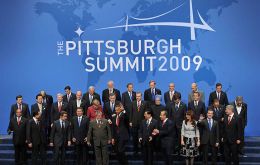
The world's leading nations have agreed “tough new regulations” to prevent another global financial crisis, US President Barack Obama said on Friday. These relate to the amount of money banks have to hold in reserve and to excessive pay for bankers.
-
Saturday, September 26th 2009 - 12:34 UTC
Argentina holds first meeting with Club of Paris
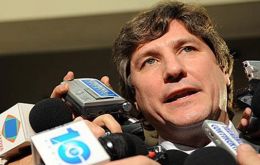
Argentina’s Economy Minister Amado Boudou met Friday with his French counterpart, Christine Lagarde, during the G-20 summit, in order to advance in the Club of Paris negotiations over Argentina's debt, one of the government's priorities.
-
Saturday, September 26th 2009 - 06:25 UTC
Paraguayan economy contracts for second quarter running

Mercosur junior member Paraguay’s economy again plunged in the second quarter of this year, 4.3%, compared to a year ago, almost the same percentage contraction as in the first quarter, 4.2%, according to the latest release from the country’s Central Bank.
-
Saturday, September 26th 2009 - 00:28 UTC
Uruguayan economy becoming growingly Brazil dependent

Brazil has become Uruguay’s main trade partner and investor having taken over vital spaces of the country’s economy in its most dynamic sectors, according to different reports that have surfaced during the campaign for next month’s presidential election.
-
Friday, September 25th 2009 - 14:07 UTC
Uruguay on the “grey list” of OECD tax havens
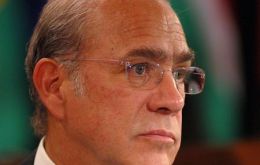
Uruguay, Chile, Costa Rica, Guatemala among nine countries remain in the so called “grey list” of tax havens from the Organization of Economic Cooperation and Development, OECD, one of the issues to be addressed by the G20 summit in Pittsburgh.
-
Friday, September 25th 2009 - 14:00 UTC
Pittsburgh summit recognizes historic shift of power to G20
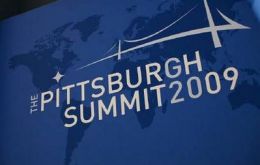
G20 is to take on an expanded role as part of a historic shift that recognises the rising influence of China, Brazil and India. The leaders of the world's top 20 wealthy and developing nations decided that the G20 will take over the role of pre-eminent council on global economic cooperation, a function that for more than three decades had been performed by a smaller club of leading industrial countries known as the G8.
-
Friday, September 25th 2009 - 10:42 UTC
Russia, Europe’s fastest growing car market collapses

Russia's largest carmaker, Avtovaz, is to cut up to 27,600 jobs as it tries to cope with the global slump in demand. The job cuts are more than a quarter of the 102,000-strong workforce at Avtovaz, which makes Lada cars.
-
Friday, September 25th 2009 - 10:38 UTC
UK unions ready to challenge Jaguar and Land Rover restructuring
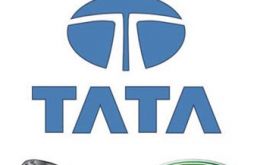
British unions have condemned plans by car giant Jaguar Land Rover to close one of its UK plants. The firm said it would decide next year whether to shut its factory at Castle Bromwich in the West Midlands, which makes Jaguars, or its site at Solihull, which makes Range Rovers.
-
Friday, September 25th 2009 - 10:34 UTC
British Chancellor tells bankers “the party is over”
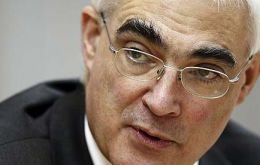
Britain’s Chancellor of the Exchequer Alistair Darling has warned bankers that the party is over and they must realise the world has changed. He made the comments in a BBC interview before leaving for the G20 summit in Pittsburgh.
-
Friday, September 25th 2009 - 09:55 UTC
Pittsburgh G-20 summit kicks off with minor clashes in the streets
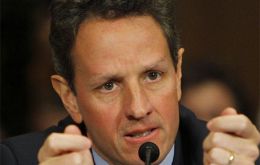
Trouble has flared as world leaders gathered Thursday in the US city of Pittsburgh for the G20 summit. Reports said riot police used pepper gas and fired rubber bullets at protesters on a march near the venue.
